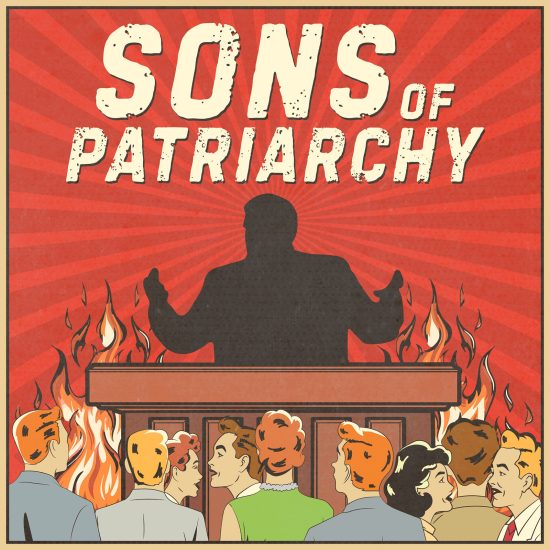
COVID-19 has created an avalanche of death, disease, suffering, and uncertainty. Like every organization, our church is breathlessly attempting to stay on mission during this strange time. New challenges bombard us relentlessly. One helpful coping device is to find the positives in the midst of all the tragedy. I sat down recently and listed some takeaways. See if you can relate.

Doyle Sager
First, the personal:
1. Because we record our worship service on Thursdays, I’ve discovered Sunday mornings at home are fun. I suddenly see the allure of PJs, coffee, and channel surfing.
2. My wife and I would have built a bigger kitchen if we’d known we would be spending so much time in it.
3. In his 2000 best-selling book Bowling Alone, Robert Putnam was correct. America needs front porches, not just backyard decks. Conversations from the street curb to the front porch are happening everywhere. We are finally taking time for relationships.
Now, the pastoral:
4. Pre-pandemic, our church was spending too much time in meetings. Since sheltering-at-home we’ve had more productive virtual committee meetings. And they don’t last as long. There is something about Zoom (or its equivalent) that keeps us from chasing so many rabbits.

Steve Buissinne, Pixabay
5. Our lay church members are much more willing and able to help than we realized. They can do more and want to do more. In churches everywhere, people are providing telephone congregational care, delivering groceries, making masks, picking up prescriptions, and more. When believers are empowered and released, the world notices.
6. The homebound and elderly tried to tell us — being stuck indoors for a long time is not fun. Will we come out of this enforced stay-at-home season with more compassion for those without social mobility? Will we finally pay attention to them?
7. Community partnerships deepen a church’s impact. A tornado hit our city May 22, 2019. For the past 12 months, various agencies and churches have collaborated beautifully with local government. Now, during the pandemic, that same network is serving us well. If you wait until a catastrophe hits to make friends in your community, you’ll always be 10 steps behind.
8. Global pandemic tends to create a readiness to hear the gospel. By “gospel,” I don’t mean the shallow, glib diatribes which generate guilt, blame, and fear. I’m talking about the power of God’s love made known in Jesus Christ. In times of national calamity, existential questions come to the fore. Who am I? What is my purpose? What happens when I die? Is God for me or am I alone in the cosmos? I sense our country is at a rare moment, quietly listening. The message is going deeper than usual. The crucified, risen Messiah is relevant.
9. During a crisis, leadership is both easier and more difficult. It’s easier because people are open to guidance and comfort. The simplest gestures and words can reassure hearts, reframe issues, and clarify mission. Yet leadership is also more difficult because so much comes at us all at once. Each day I need the proper blend of boldness and caution, assertiveness and humility. Anxious people create a Catch-22 for leaders: they need constant reassurance but they also have short attention spans. Clear, effective communication is a 24/7 task.
10. Physical presence is powerful. During this time of separation, my most difficult pastoral moments have come when I haven’t been able to be in the same space with those in need — the 96-year-old in ICU or the one whose sister just died. Graduates are grieving the absence of ceremony and hoods. Brides have waited all their lives for a perfect wedding. We need ritual more than we realized. Life was intended to be lived as an embodied presence. As the Apostle Paul wrote many times (and I’m paraphrasing): “Letters are great, but I’d rather see you face to face.”
Finally, a bonus takeaway.
11. Online worship provides a dream-come-true for my church members: They can mute their pastor!






